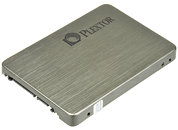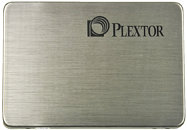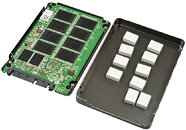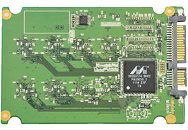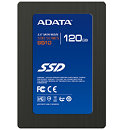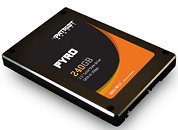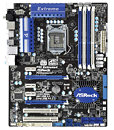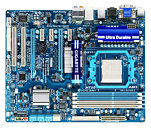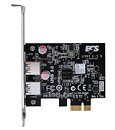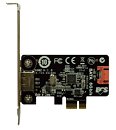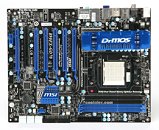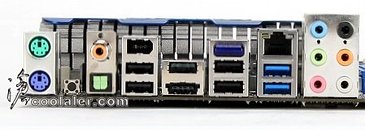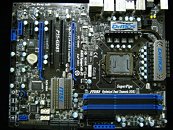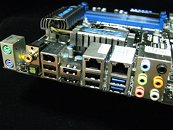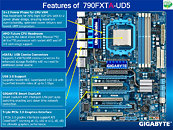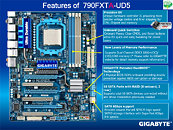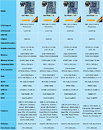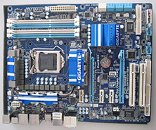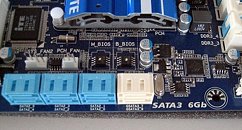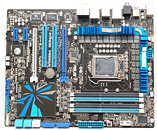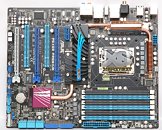Plextor Introduces New Line of SATA 6 Gbps SSDs
Plextor Japan introduced its latest generation of solid state drives (SSDs) in the 2.5-inch SATA form factor. The drives take advantage of the SATA 6 Gb/s interface. The lineup currently consists of two models, the 128 GB PX-128M2P, and the 256 GB PX-256M2P. Both drives make use of Marvell 88SS9174 controller, and Toshiba TH58TV68D2FDA88 Multi-level cell (MLC) NAND flash built on the 34 nm process.
The 128 GB model features a 256 MB DDR3 cache, while the 256 GB model is backed by 512 MB DDR3 cache. Sequential speeds vary between the two models. The 256 GB drive can transfer data at 500 MB/s read and 440 MB/s write; while the 128 GB drive transfers at 500 MB/s read and 320 MB/s write. The drives feature SMART, NCQ, TRIM, Bad Block Management, Instant Restore, and Plextor TrueSpeed firmware. The 256 GB drive is priced at 46,800 JPY, an equivalent of US $610, while the 128 GB model is priced at 21,800 JPY, or $284.
The 128 GB model features a 256 MB DDR3 cache, while the 256 GB model is backed by 512 MB DDR3 cache. Sequential speeds vary between the two models. The 256 GB drive can transfer data at 500 MB/s read and 440 MB/s write; while the 128 GB drive transfers at 500 MB/s read and 320 MB/s write. The drives feature SMART, NCQ, TRIM, Bad Block Management, Instant Restore, and Plextor TrueSpeed firmware. The 256 GB drive is priced at 46,800 JPY, an equivalent of US $610, while the 128 GB model is priced at 21,800 JPY, or $284.
